Ghana hosts major WHO-led simulation to combat future disease outbreaks in Africa
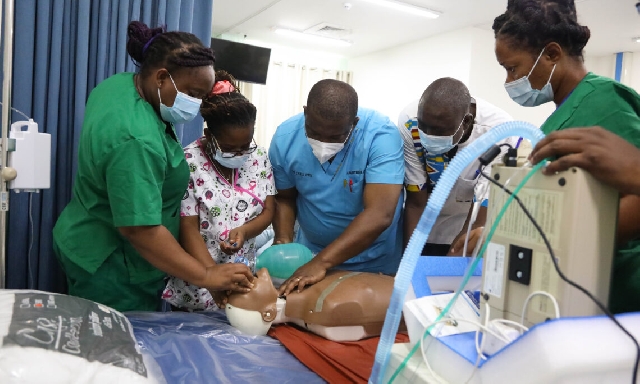 Clinicians during a simulation exercise
Clinicians during a simulation exercise
In a bid to strengthen Africa’s readiness for infectious disease outbreaks, Ghana is set to host a large-scale simulation exercise.
The exercise, led by the World Health Organisation (WHO), will take place from between November 11 and 15.
The collaborative effort, involving key global partners like the United Nations Children’s Fund (UNICEF), World Food Programme (WFP), Médecins Sans Frontières (MSF), and the Ghana Armed Forces (GAF), is aimed at enhancing public health emergency response across the continent.
The exercise will bring together officials from Ghana and other African nations, including the Democratic Republic of the Congo, Guinea, Kenya, Malawi, and Uganda, in a realistic scenario simulating a Viral Haemorrhagic Fever (VHF) outbreak.
Over 100 participants, including health experts from 20 partner organisations, will engage in hands-on drills to sharpen their skills in managing high-risk infections like Ebola and Marburg.
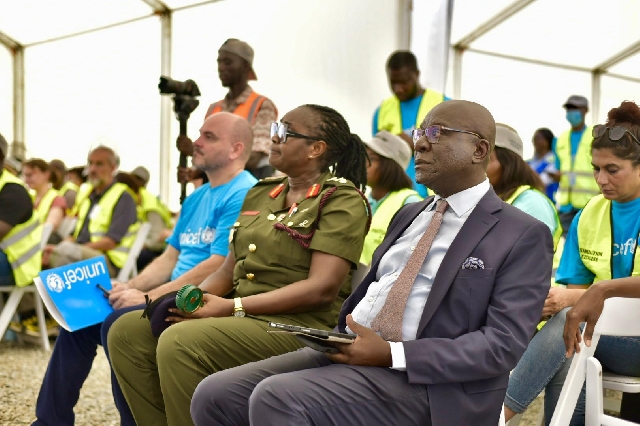
Central to the simulation is the deployment of cutting-edge health response technologies under the INITIATE2 initiative - a joint project led by WHO and WFP.
The initiative unites emergency responders, research institutions, and academic partners to develop innovative, standardised solutions for rapid response in health and humanitarian crises.
At the heart of INITIATE2’s efforts are two pioneering solutions: the Infectious Disease Treatment Module (IDTM), and the Health Emergency Facility (HEF) kits.
These systems are designed to be rapidly deployed in remote or crisis-hit areas, enabling swift treatment of patients without the need for long-distance transport that could exacerbate the spread of infections.
The HEF, in particular, is tailored to be child-friendly, ensuring a safe and efficient response during outbreaks affecting vulnerable populations.
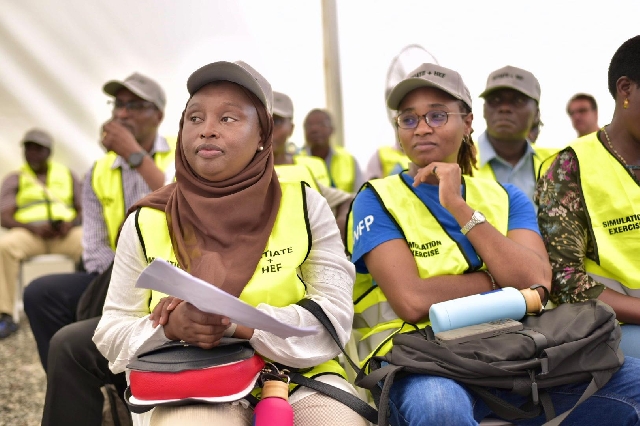
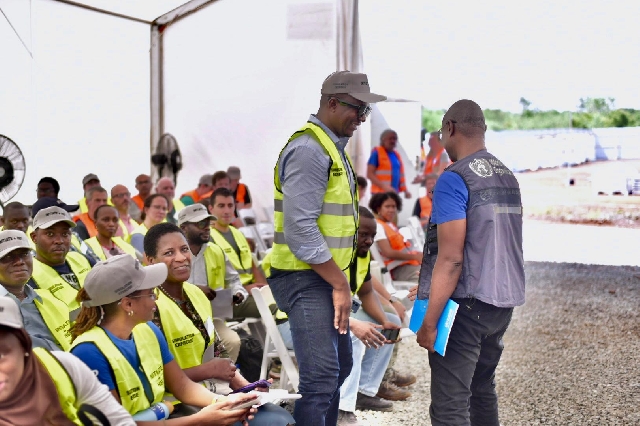
The simulation will be held at the Critical Care and Emergency Hospital in Accra, a facility operated by the Ghana Armed Forces. Formerly a UN COVID-19 field hospital, it will serve as a testing ground for deploying the IDTM and HEF kits in a controlled yet realistic setting.
The initiative not only aims to familiarise responders with these technologies but also to train them in the rapid setup of these facilities during emergencies.
Participants will navigate a comprehensive patient journey, from initial diagnosis to treatment and eventual recovery or dignified care for those who do not survive.
This hands-on training is expected to significantly improve participants' capacity to respond effectively when real outbreaks occur.
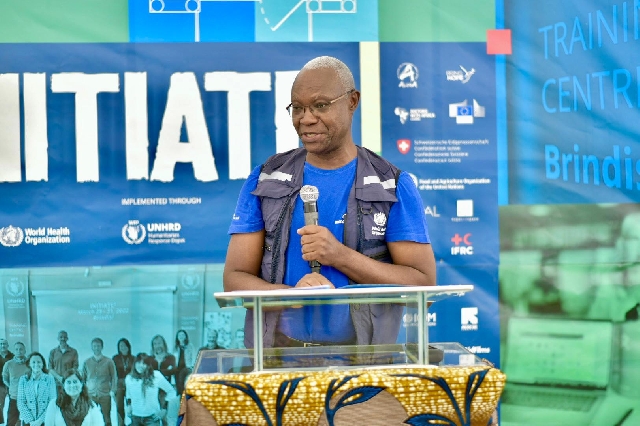
With over 100 public health emergencies reported annually worldwide, the urgency for such collaborative training exercises cannot be overstated.
By bringing together health authorities, emergency responders, and military teams, the simulation seeks to foster closer partnerships and strengthen coordination in crisis situations.
Beyond testing new solutions, the exercise is a testament to Africa’s proactive stance in preparing for future health threats.
As the continent continues to face challenges from recurrent outbreaks, initiatives like these are crucial to ensuring that countries are equipped to protect their citizens swiftly and effectively.
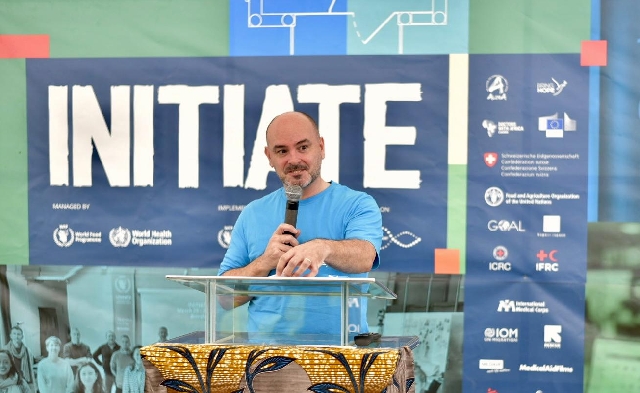
The event, which also involves representatives from the Africa Centres for Disease Control and Prevention (Africa CDC), emphasises a collective commitment to safeguarding public health and preventing outbreaks from spiralling into pandemics.
Source: classfmonline.com
Trending News

Gov't opts for resource sovereignty following Damang mine transition- Mahama
14:04
Concerned affiliates of KNUST Male Halls petition President Mahama over ambassadorial nominee
10:57
Gov't moves to revoke Akonta mining lease over creating a 'criminal' illegal mining syndicate
18:20
Health Minister appeals for calm at Tamale Teaching Hospital amid ongoing tensions
13:48
Businesswoman in $13,000 fraud case remanded again
10:25
A/R: Okatakyie Afrifa-Mensah opens borehole project for Agona community
15:06
TVET Coordinator urges parents to support technical education to curb youth unemployment
13:33
Ghanaian elected Vice President of Middle Temple Young Barristers’ Association of England and Wales
10:10
Dr. Bawumia to lead nationwide NPP “Thank You Tour”
14:12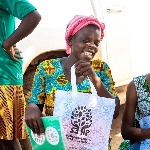
Samira Bawumia saves lives: Records zero maternal and neonatal deaths in Saboba through “Safe Delivery Project”
13:17




